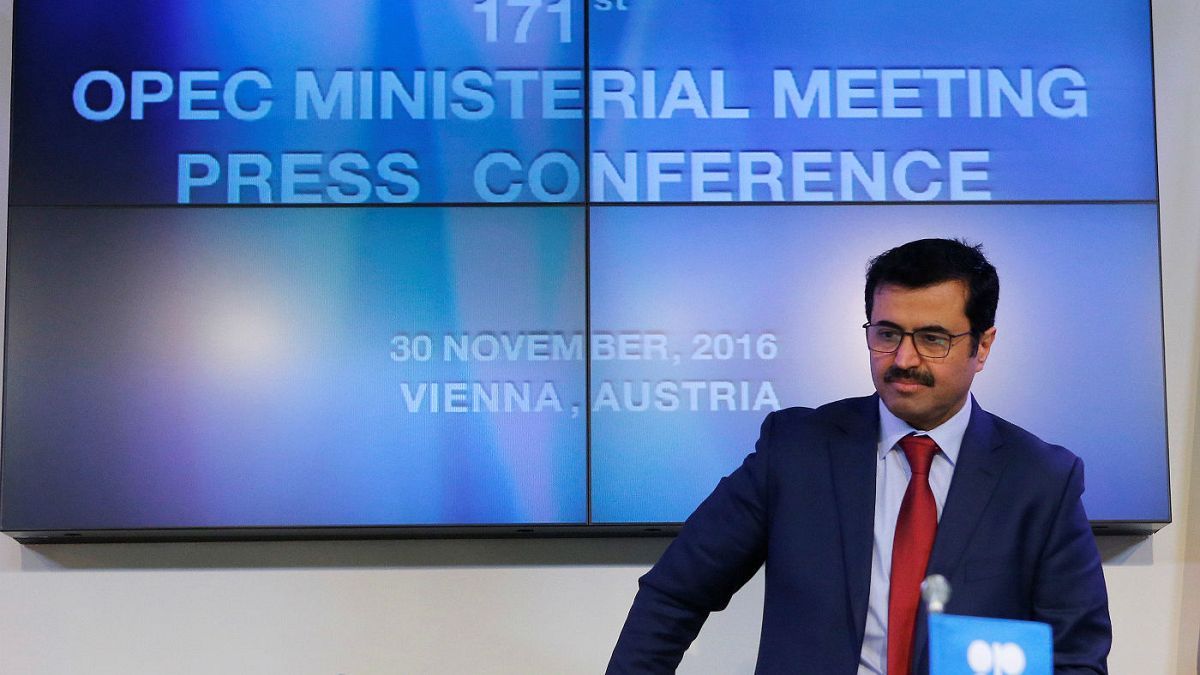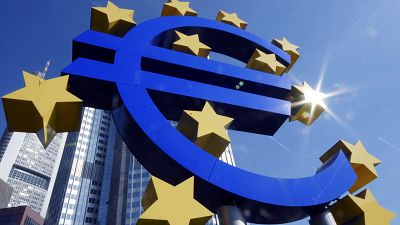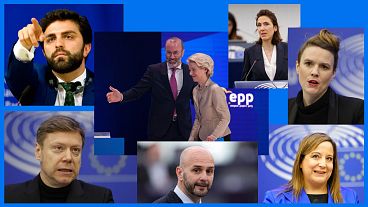OPEC gets its act together in first co-ordinated action in ages and agrees production cut, but analysts say no oil price shock is on the cards.
The once all-powerful OPEC cartel has agreed its first production cut in eight years, creating a spike in the price of a barrel of crude on world markets.
However OPEC’s cut depends on non-OPEC producers making cuts of their own. OPEC will meet the producers outside the cartel on December 9th.
Saudi Arabia will be making the biggest cuts, some 486,000 barrels a day.
Kuwait, Venezuela and Algeria have agreed to monitor the package.
The table #Opec#oott#oilpic.twitter.com/XT9Ho4Ythp
— Ellen R Wald, Ph.D. (@EnergzdEconomy) 30 novembre 2016
“This agreement is subject to a 600,000 barrels per day reduction from key non-OPEC producers. The Russian Federation has committed to reduce output by 300.000 barrels,” said OPEC President Mohammed bin Saleh al-Salah.
Here it is! The #OPEC production cut agreement.
CNBCi</a> <a href="https://t.co/4USnRCdbrv">pic.twitter.com/4USnRCdbrv</a></p>— Steve Sedgwick (steve_sedgwick) 30 novembre 2016
Indonesia, only readmitted to OPEC in January after a six-year banishment, refused any cuts and so are out again, taking their 700,000 bpd with them. The big winners are Iran, who are being allowed to maintain production unchanged.
#OPEC still relevant: Cartel surprisingly agrees to cut #oil output to end record glut. https://t.co/I3M6JH94Dcpic.twitter.com/sZiPRpJYQO
— Holger Zschaepitz (@Schuldensuehner) 30 novembre 2016
“Initially Indonesia was requested to reduce by a certain amount and since Indonesia couldn’t accept that reduction, that reduction has been distributed among the other countries,” said the Chairman of OPEC’s Board of Governors Mohamed Hamel.
Analysts say the cuts will not lead to a price explosion as supplies are still plentiful, and OPEC rejected suggestions the cuts are an admission of failure that the strategy of trying to put shale oil producers out of business had failed.
Oil now up more than 9% and we have a better OPEC deal than many expected. Now they just have to implement. Latest: https://t.co/xLuLIh7D5J
— Sarah Kent (@SarahKentWSJ) 30 novembre 2016



